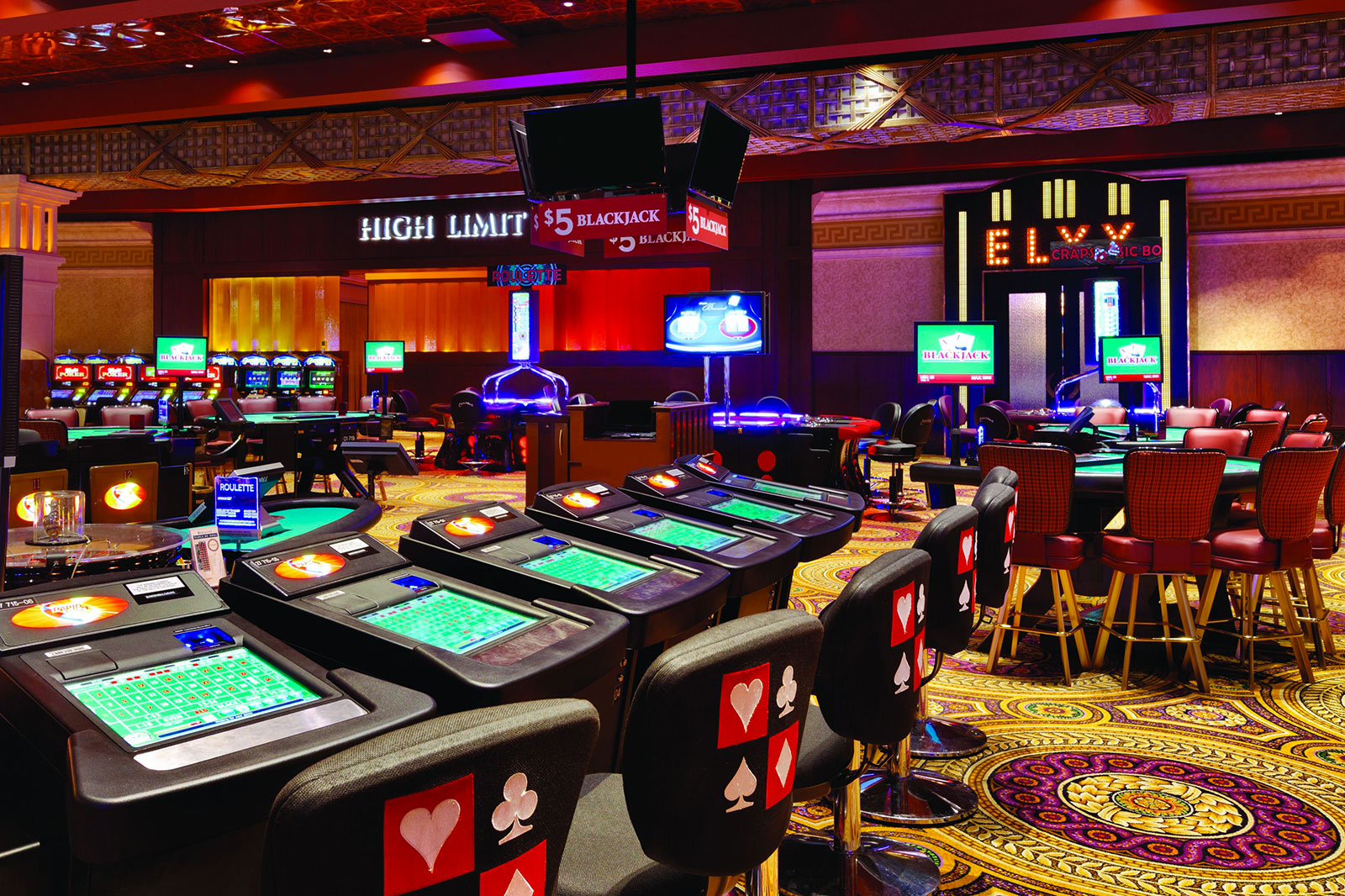Casino gaming has long been a topic of fascination and debate, drawing in millions of players globally. With a blend of luck, skill, and the thrill of uncertainty, casino games offer an exciting escape from everyday life. However, as entertainment becomes ever more accessible, it calls for a more thorough examination of the morality surrounding these games.
At the heart of the debate lies the issue of whether casinos promote safe gambling or take advantage of vulnerable individuals. The appeal of potential winnings versus the reality of losses can create a challenging dynamic, and understanding this balance is crucial for both players and operators. As we delve into the ethics of casino gaming, we will explore the duties of casinos, the impact on society, and the steps that can be taken to foster a healthier gaming environment.
The Impact of Casino Gaming on Society
Gambling in casinos has a significant influence on the community, affecting not only the financial landscape but also interpersonal dynamics and community structures. The income generated from casinos can lead to job creation and boost local economies, as they provide numerous employment opportunities in different sectors including food and beverage, entertainment, and shopping. However, while the economic advantages can be substantial, communities often grapple with the possible negative impacts that arise from higher gambling activity.
Additionally, the presence of casinos can lead to an increase in gambling addiction, presenting significant challenges for individuals and families. The thrill of casino games can quickly transform into a compulsive habit, affecting connections with others and leading to financial instability. RR88 Many individuals may find it difficult with the loss of control over their gambling behaviors, resulting in a need for community support services and interventions to address this increasing issue. The social cost of addiction can extend through kinships and neighborhoods, creating an urgent need for responsible gaming initiatives.
In addition to the economic and social ramifications, casino gaming often reflects cultural attitudes towards uncertainty and entertainment. It can foster a sense of excitement and leisure, attracting tourists and boosting tourism. However, this allure may also conceal the broader implications of gambling as a method of entertainment, raising ethical questions about its advertisement and accessibility. As communities weigh the advantages and drawbacks of casino gaming, the need for sensible approaches and oversight becomes increasingly critical in ensuring that the beneficial elements are enhanced while reducing the negative effects.

Ethical Issues in Gambling Practices
The morality of gambling operations often center around the potential for dependency and its consequences on individuals and families. Gambling can lead to significant monetary distress, impacting not only the gamblers but also their families. As individuals become caught in the appeal of winning, many lose track of their budget, which can result in catastrophic results such as insolvency. This poses moral questions about the duty of gambling establishments in fostering responsible gaming practices and offering support for those who may be struggling with gambling addiction.
Another critical issue is the promotion of gambling to vulnerable groups. Casinos often aim at low-income people or communities with the promise of fast gains, which can perpetuate patterns of financial struggle and despair. In this context, the ethics of advertising strategies used by gambling establishments come under scrutiny, as they may take advantage of the need of individuals seeking an escape from financial hardships. This manipulation raises ethical questions about the honesty of the betting industry and its responsibility to protect its most at-risk customers.
Additionally, the effect of gambling operations on society as a entirety cannot be overlooked. While some argue that casinos create jobs and stimulate local economies, others point to the community costs associated with dysfunctional gambling, increased criminal rates, and a burden on public resources. Balancing economic benefits with the potential for community issues presents a complex moral dilemma for lawmakers and casino operators alike. The challenge lies in discovering a responsible approach that prioritizes the well-being of individuals and society while still permitting for the pleasure of gambling gaming.
Oversight Structure and Duties
The oversight framework pertaining to gambling games is designed to ensure fairness, integrity, and participant protection. Multiple government entities and gaming commissions establish and apply regulations that dictate how gambling games function, the guidelines for activity development, and the processes for handling prizes. These regulations differ by jurisdiction but usually involve licensing requirements for providers and stringent measures to stop fraud and dishonesty.
In furthermore to regulatory bodies, gaming businesses bear major accountability in maintaining ethical standards within their venues. They must implement safe gambling practices that encourage player safety and awareness, including offering self-ban options and sharing information about the hazards associated with gambling. Casinos are also responsible for training employees to recognize signs of compulsive betting and know the correct measures to help customers in need.
Furthermore, clarity in gaming operations is essential for earning and maintaining public faith. Gaming establishments should provide clear details about the odds of activities, promotional offers, and any associated risks. By fostering an culture of transparency and responsibility, operators can help mitigate the potential adverse impact of gaming while enhancing the general gaming experience for all players.